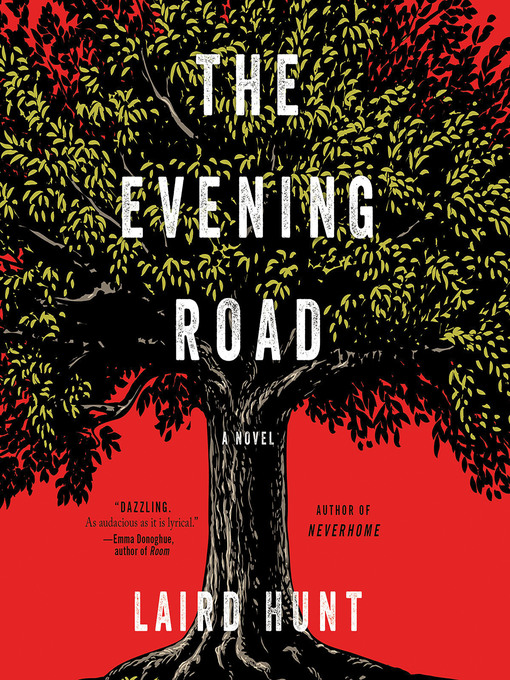- Award Winning Audiobooks
- Available Now: Audiobooks
- Childen's Audiobooks
- Teen Audiobooks
- See all audiobooks collections
- Food & Cooking
- Fashion
- Home & Garden
- News & Politics
- Health & Fitness
- Crafts & Hobbies
- Business & Finance
- Sports
- Travel & Outdoor
- Photography
- Art & Architecture
- Hunting & Fishing
- Tech & Gaming
- See all magazines collections




